
The Communist Party of Spain is a communist party that, since 1986, has been part of the United Left coalition, which is currently part of Sumar. Two of its politicians are Spanish government ministers: Yolanda Díaz and Sira Rego.

The Workers' Party of Marxist Unification was a Spanish communist party formed during the Second Republic and mainly active around the Spanish Civil War. It was formed by the fusion of the Trotskyist Communist Left of Spain and the Workers and Peasants' Bloc against the will of Leon Trotsky, with whom the former broke.
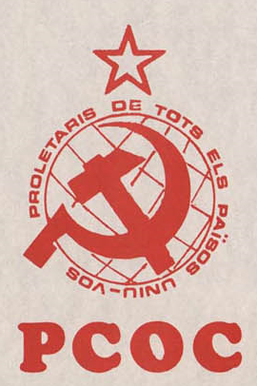
Communist Workers' Party of Catalonia is a communist party in Catalonia. The party was founded in 1973 as a split from Partit Socialista Unificat de Catalunya as the Catalan branch of the Spanish Communist Workers' Party (PCOE), and was legalized on 28 October 1977. In 2000, it became a part of the Communist Party of the Peoples of Spain.
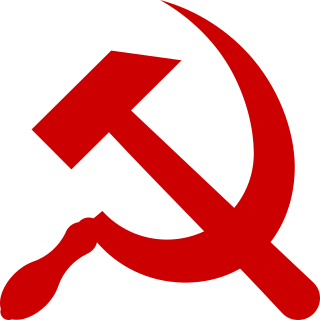
Catalan Communist Party was a political party in Catalonia, Spain. PCC was founded in 1928. It had its origins in l'Ateneu Enciclopèdic Popular, which had been formed in 1926, and in the Marxist sectors of the Catalan separatist movement. The main leaders of PCC were Jordi Arquer and Víctor Colomer.
Catalan-Balear Communist Federation was a communist group in Spain. Formed in 1924, it joined the Communist Party of Spain (PCE), and functioned as the PCE federation in Catalonia and the Balearic Islands. Its most prominent leader was Joaquim Maurín, and its main organ was La Batalla.
The Workers' Front of Catalonia was a clandestine political movement in Catalonia, Spain, formed in 1961, and active during the Spanish State of caudillo Francisco Franco. It was the continuation of the Popular Democratic Association of Catalonia, one created by university students inspired by liberation theology and the Cuban revolution.
Wilebaldo Solano Alonso was a Spanish Communist activist during the Spanish Civil War, especially noted for his work with Socialist youth organizations as a member of the Workers' Party of Marxist Unification (POUM). Most of his activities before and during the Second Spanish Republic were centered in Catalonia.
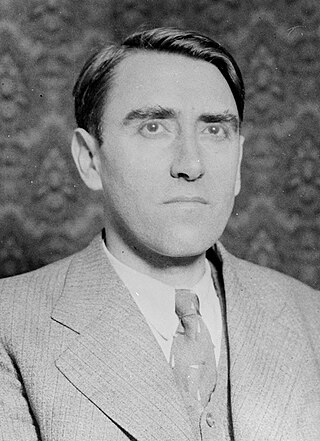
Joaquín Maurín Juliá was a Spanish communist politician and activist. The leader of the Workers and Peasants Bloc (BOC) and of the Workers' Party of Marxist Unification (POUM), he was active mainly in Catalonia.
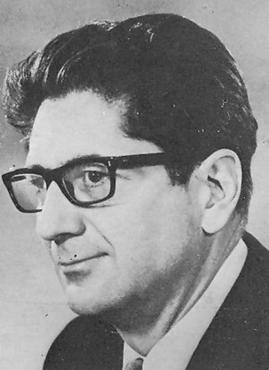
Víctor Alba who also went as Pere Pagès i Elies was a Spanish anti-Stalinist communist politician, journalist, writer and Spanish university professor.

Pere Ardiaca i Martí was a Spanish Catalan communist politician. In 1982, he, Marià Pere, Josep Serradell and dozens of other communist leaders founded the Party of the Communists of Catalonia (PCC). He was its president until his death.
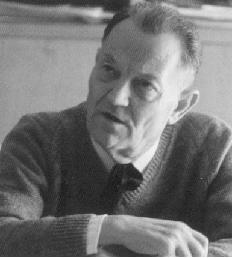
Jordi Arquer i Saltor was a Spanish communist politician and writer from Catalonia.

Isidre Molas i Batllori is a Catalan politician and historian, who has served as the fifth President of the Socialists' Party of Catalonia since 19 July 2008. He has been a Senator from Barcelona since 5 April 2000.
Eusebio Rodríguez Salas was a Spaniard known for being the Commissar-General of the police forces of Catalonia who played a central role in the ignition of the Barcelona May Days.
Alfonso Carlos Comín Ros was a Spanish industrial engineer, politician, and polygraph who carried out his work in Catalonia.
Joan Sales i Vallès (1912-1983) was a Catalan writer, translator and publisher, who promoted Catalan culture under the Franco dictatorship. His best-known novel and major testament is Uncertain Glory.
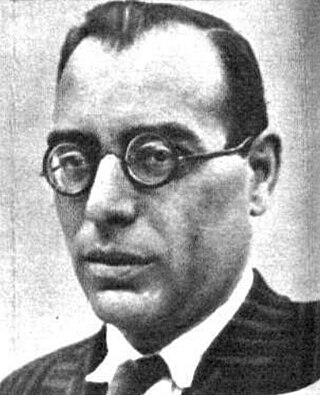
Joan Comorera i Soler was a Spanish Communist politician, journalist and writer from Catalonia who spent several years in Argentina before returning to Spain in 1931 at the start of the Second Spanish Republic. He was a Catalan nationalist, and was elected chairman of the Socialist Union of Catalonia in 1933. In 1936 he became Secretary General of the Unified Socialist Party of Catalonia (PSUC), in alliance with the Spanish Communist Party. During the Spanish Civil War (1936–1939) he built up his party into a major political force during the struggles among the supporters of the Republic between Socialists, Stalinists, Trotskyists and Anarcho-syndicalists. After the Republicans were defeated by the right-wing forces led by Francisco Franco he went into exile, living in Mexico and then in France. In 1949 he was expelled from the Communist party for his Catalan nationalism, and survived an assassination attempt. In 1951 he moved back to Catalonia using a false name. He was arrested in 1954 and died in prison four years later.
Catalan Federation of the PSOE or Catalan Socialist Federation was a political party in Catalonia, Spain. The FSC first groups emerged between 1880 and 1882.
Organization of Communist Left was a communist political party in Spain founded in 1974. The OIC was a continuation of the existing Communist Workers Circles (COC), whose roots were in the Workers' Front of Catalonia (FOC), the Catalan version of the People's Liberation Front.
Communist Workers' Party of Catalonia is a communist party in Catalonia. The party was founded in 1973 as a split from Partit Socialista Unificat de Catalunya as the Catalan branch of the Spanish Communist Workers' Party (PCOE), and was legalized on 28 October 1977. In 2000, it became a part of the Communist Party of the Peoples of Spain.
Josep Rovira i Canals (1902–1968) was a Catalan politician, a leader of the Workers' Party of Marxist Unification. During the Spanish Civil War he managed to send several militia units to the Aragon front, and was arrested by the republican authorities in the context of the repression against the POUM.










